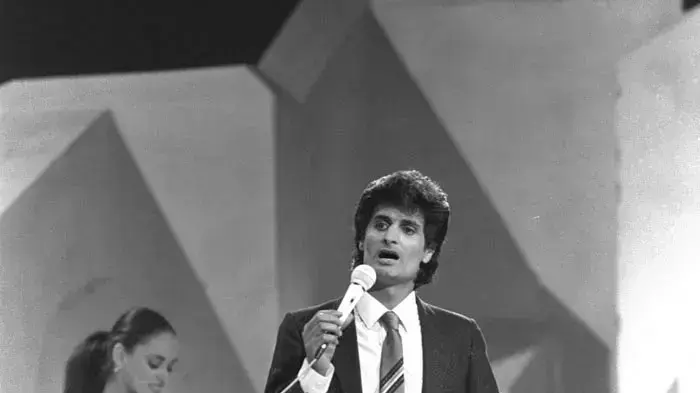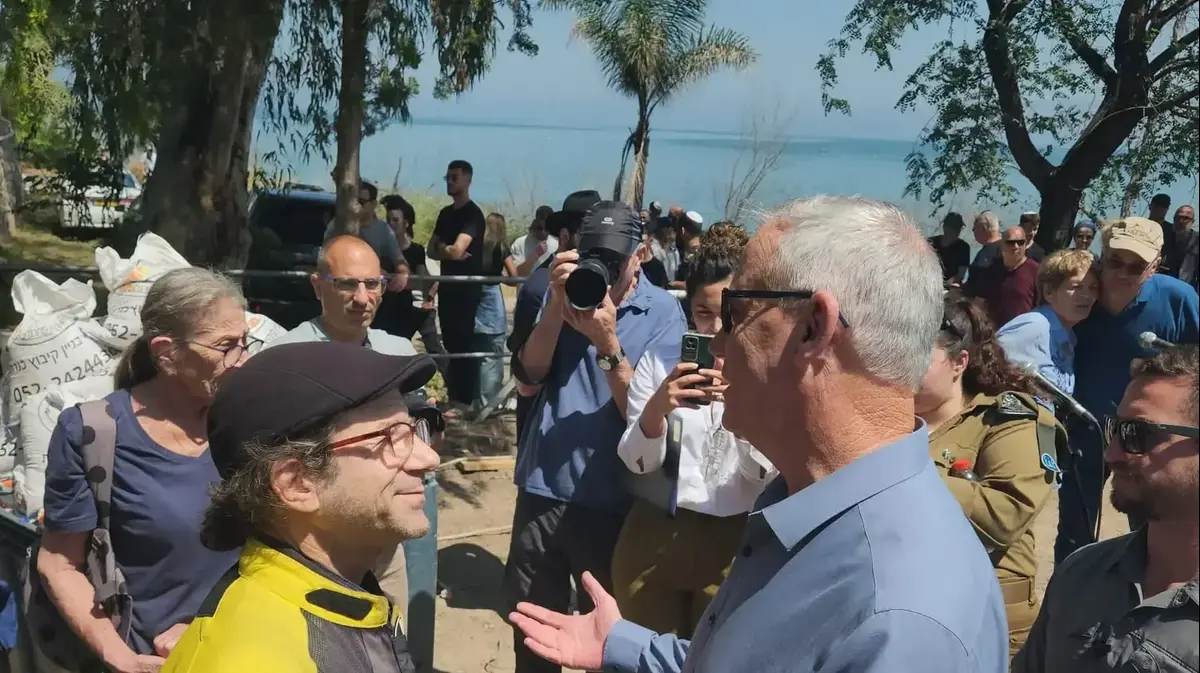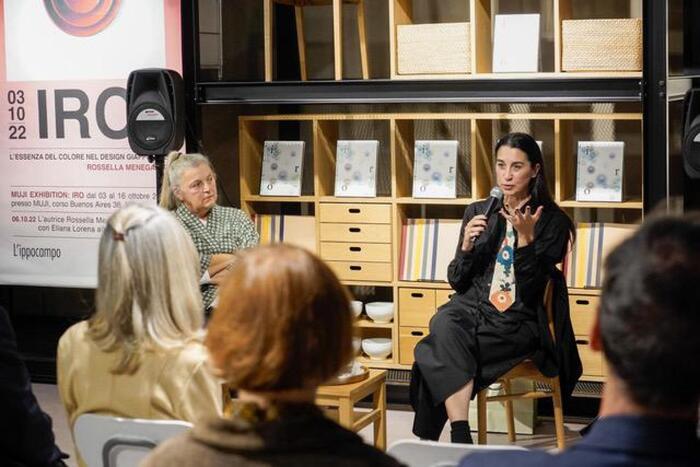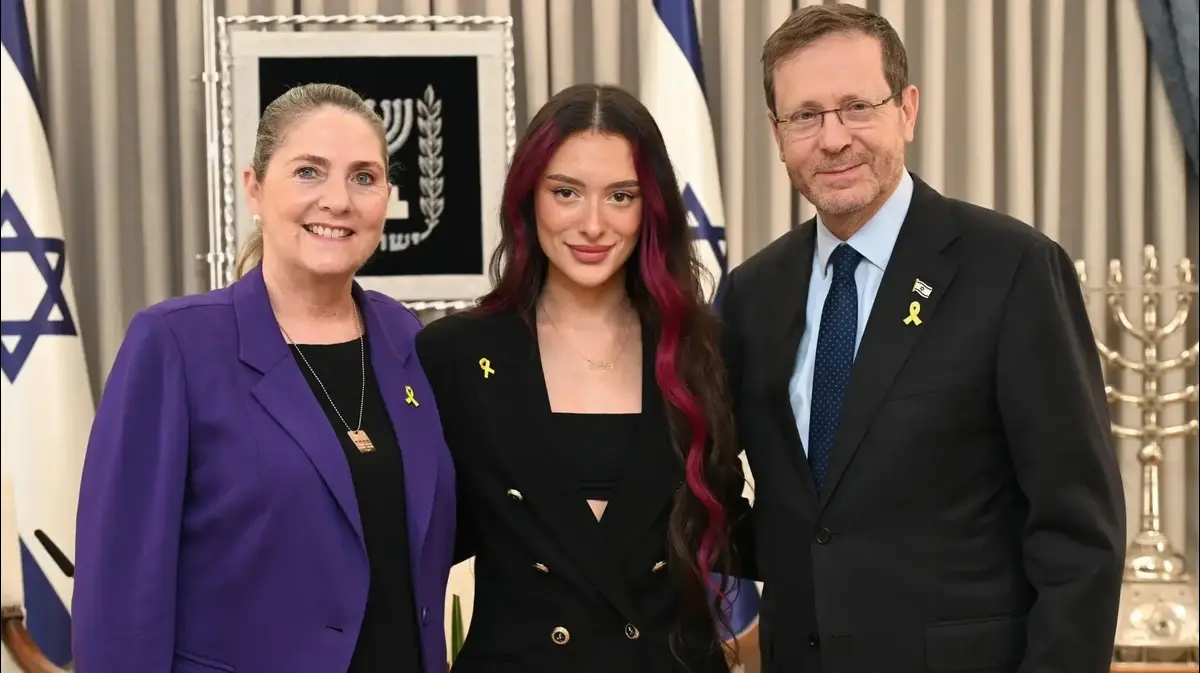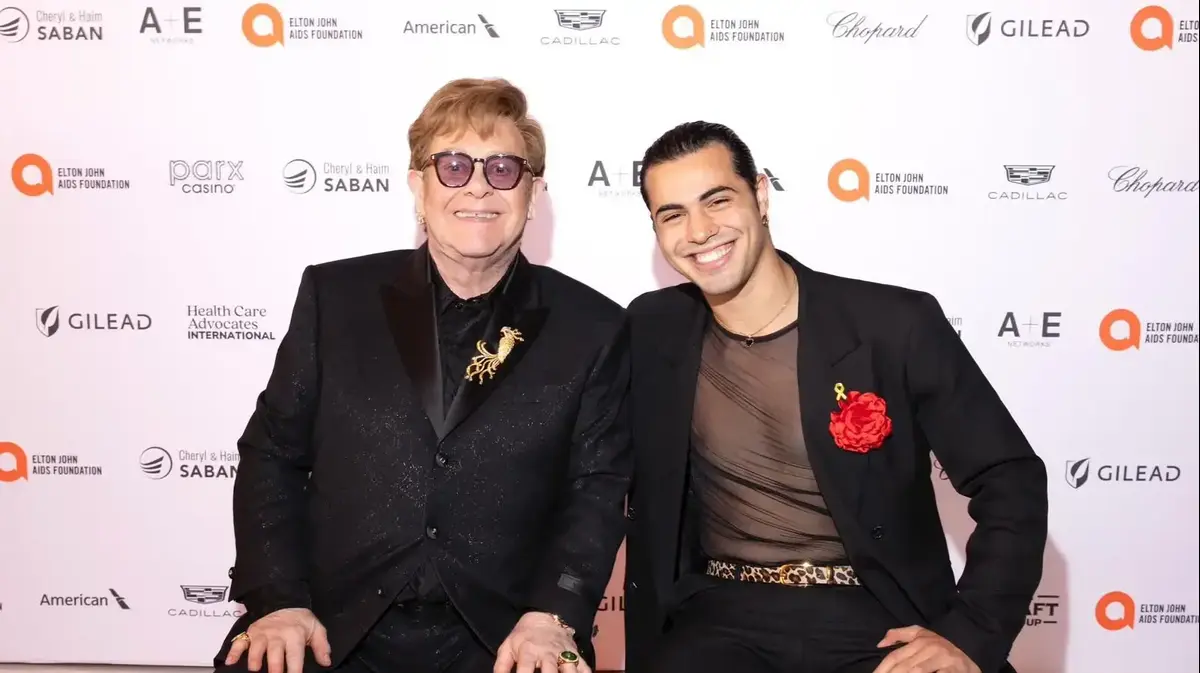Sea of Tears: "War Culture" illustrates the injustice done to the tragic heroes of Oriental music
In his impressive book, which is based on amazing interviews with major Oriental artists, journalist Ilan Shaul points to the inconceivable cultural richness that taste designers and gatekeepers have refused to accept, bringing a scathing indictment against the arrogant media.
Simply put, this is a must-read book for anyone interested in Israeli music
Nadav Menuhin
08/06/2022
Wednesday, 08 June 2022, 12:35 Updated: Thursday, 09 June 2022, 03:08
Share on Facebook
Share on WhatsApp
Share on Twitter
Share on Email
Share on general
Comments
Comments
An important and pioneering book.
"Cultural War" (Photo: Afik)
A battered cliché says that journalism is the first draft of history, and apparently when it comes to the history of popular culture - things that are traditionally, unjustly, not so important - are even more true.
A great example of this is "War Culture", the pioneering, impressive and important book by Ilan Shaul, who was a cultural correspondent for newspapers such as "Lahitun", "Panai Plus", "Yedioth Ahronoth", "Laisha", "Rosh 1", "Maariv" And others.
This is a must-read book for anyone interested in Israeli culture and in particular Israeli music, and wants to find out firsthand the price of excluding everything that has not passed the "melting pot" strainer, even if it thrived underground.
"War culture" is a very strange animal species on the reference shelf in terms of genre.
By and large, this is a book whose chapters are based on interviews that Saul has had from the 1980s onwards with prominent Oriental cultural figures.
These are amazing, initial, sometimes one-of-a-kind interviews with iconic characters that the media has hardly taken an interest in.
For example, Shaul is in fact the only journalist who comprehensively interviewed Zohar Argov at his peak.
But the raw material is not the product: Saul does not bring the original wording of the articles, but re-edited them with self-reflection from contemporary points of view.
To each of these passages he attaches a concise biographical introduction, a little wikipedia, and almost always also an ending - a repeat conversation with the subject of the interview or a late reflection on it.
These changes focus on what Shaul wants to show, and emerges from things that figures like Margalit Tsanani, Zuzu Musa, George Ovadia, Stalos, Avihu Medina, Zahara Alfasiya, Haim Oliel, Shlomo Bar, Ben Mosh, Arie Elias, Barry Simon told him. And others - the taste designers and gatekeepers missed an inconceivable cultural richness when they refused to accept voices from Islamic countries and North Africa into the official Israeli culture, shaped out of Sabra-Ashkenazi eyes.
This is not a new invention of the book, of course, but here comes its concentrated and unmediated expression from countless different directions - and from real time.
"Why not sing the we, what about the we who built ?. Zohar Argov at the Mizrahi Song Festival, 1985 (Photo: Government Press Office, Nati Hernick)
The first and essential part of the book includes interviews with musicians of various kinds.
The second part deals with cinema, theater and media, but its scope is less extensive, and it is somewhat random.
"Every time I came across an obscure figure from the dark side of the moon, I felt like someone bursting into an open door waiting for someone to burst into it, and tell the untold story in its place," Shaul writes in the book's introduction.
And so it is: his interviewees pour their hearts out to him, speak directly, and the result is a panoramic picture of monumental figures in an era when they were still standing in the shadows.
More on Walla!
Recognition, Correction, Justice: The awarding of the Israel Prize to Avihu Medina is a historic moment
To the full article
Many powerful moments emerge from a "culture war," which entails a cultural tragedy, which is sometimes also a human tragedy - centered on proud and stubborn artists who refused to give up.
Stalos wonders why an eyebrow is raised for changing his name, while with Ilanit, whose original name is Hannah Dresner, this is accepted with understanding.
Zohar Argov looks with contempt at the fact that Israeli radio plays an "rewarding imitation" of music from America, and asks: "Why not sing the we, what about the we who built?".
Haim Oliel warned as early as 1996 of a growing polarization that could turn into a civil war ("the explosive is already floating in the air").
Shlomo Bar is interviewed in a scene that seems almost impossible today - a performance in front of an Arab audience in Nazareth in the midst of the Lebanon War.
In front of the immigrant singers, there are also those who were established professionals, who had a thing in their homeland - and in Israel they were abandoned, like Zohra Alfasiya who misses the glamor in Morocco from a small apartment in Ashkelon, or the oud player Yusuf about 80-year-old Awad, who described himself as dead.
It should also be said that these are very different stories from each other.
It is not obvious to put on the same shelf Zuzu Musa, who conducted orchestras of artistic music, alongside the revolutionaries of the sounds of the oud and the sounds of the vineyard, and in front of them Stalos and Haim Oliel, who sing mainly in non-Hebrew languages.
The amazing thing is that Israeli radio has rudely thrown all this variety into the same drawer of "Mediterranean music."
Great achievement
What is definitely common to all these interviewees is that they all demand to place themselves and their art on the continuum of Israeli culture, without asterisks.
"At first we were introduced as borax singers, then as wedding singers, after that came the terms 'Central Station singers', 'Cassette singers' and 'Oriental singers'. These are definitions that the media has dropped on us. We are Israeli singers. Point. From here, "says Moshe Giat in 1985, and similar quotes are repeated throughout the book.
These things point out that the discussion about the limits of Israeli music is not about genres or scales - but a discussion about Israeliness itself and what it expresses.
No less than documentation of the scene, "War Culture" is a scathing indictment against the Israeli media of the time, which ignored everything that happened under her nose until she had no choice but to address it, and even then offered crumbs.
At some shaky points in the book, Shaul describes how articles that contained too harsh a critique of the establishment were shelved and cut for him.
Thus, the article about Shlomo Bar's performance in Nazareth went to print "after countless fights, power games and the publisher's intervention", which culminated in a compromise that omits some of the quotes because "this is an article that is too left-wing." Unfortunately, Shaul does not bring to readers Another article written by Shaul about a conference of Mizrahi activists attended by Avihu Medina, in which he was offered to broadcast oriental music from a ship that would broadcast from the sea in the spirit of "Voice of Peace", was rejected by many newspapers, and finally disappeared into oblivion.
Avihu Medina (Photo: Reuven Castro)
"War culture" still suffers from some problems.
Not all interviews are equally sharp, and in the spirit of general pathos it seems that Saul refrained from criticizing the words of most of the interviewees, even in retrospect.
It is also worth saying something about the mix: naturally, the book has a certain theme, and it focuses on the stories of those who suffered greatly from the strainer - but the full picture also seeks the perspective of those who have managed to seep through it.
If Zuzu Musa, Ben Mosh and Stalos are part of the same story of Oriental musicians in Israel - Ofra Haza, Yehuda Poliker, Korin Elal and Ehud Banai, for example, are all musicians who have demonstrated their work in a demonstrative way with the cultural heritage they carry with them.
Their acceptance does not eliminate the exclusion of others, but it makes it possible to understand under what conditions the official culture did agree to accept this legacy into its lap.
I do not know if Saul met them as an interviewer, but I was interested to hear them answer the questions he asks those in the book.
But even so, a treasure trove of information and content that is inaccessible in other ways accumulates here, and touches on the interfaces of Israeli popular culture, media and alternative platforms - and everything is written fluently and caringly.
What a great achievement.
culture
Digits
Book review
Tags
Zohar Argov
Middle Eastern music
Avihu Medina
Margalit Tsanani (Margol)

